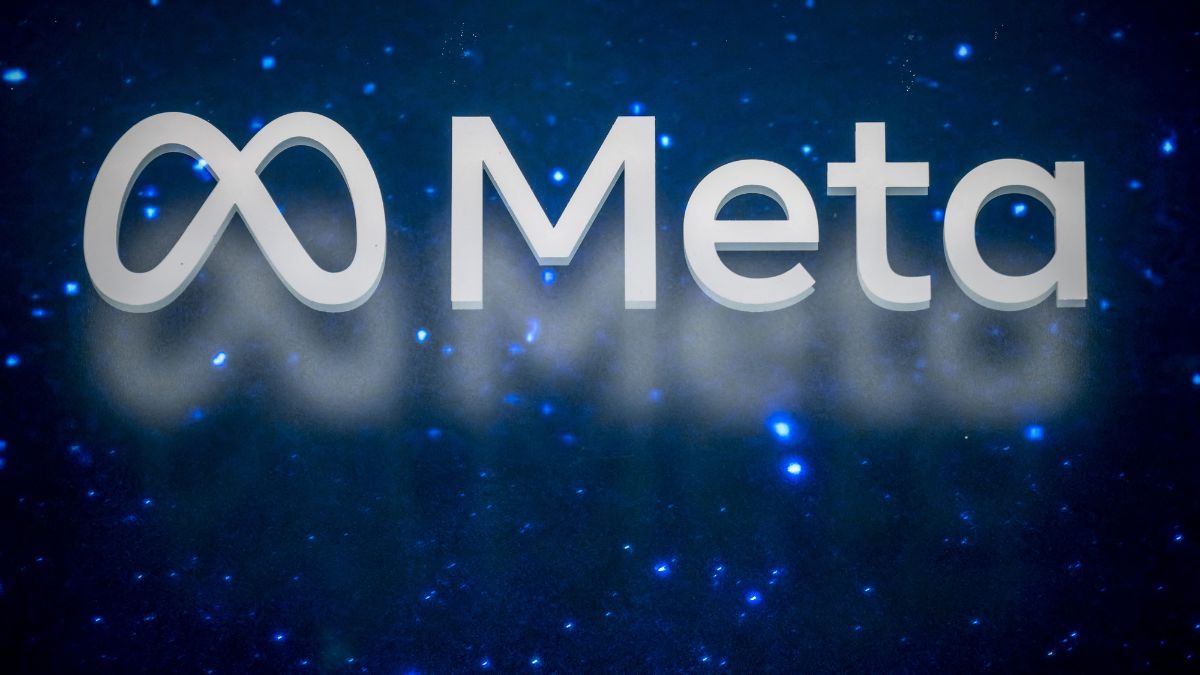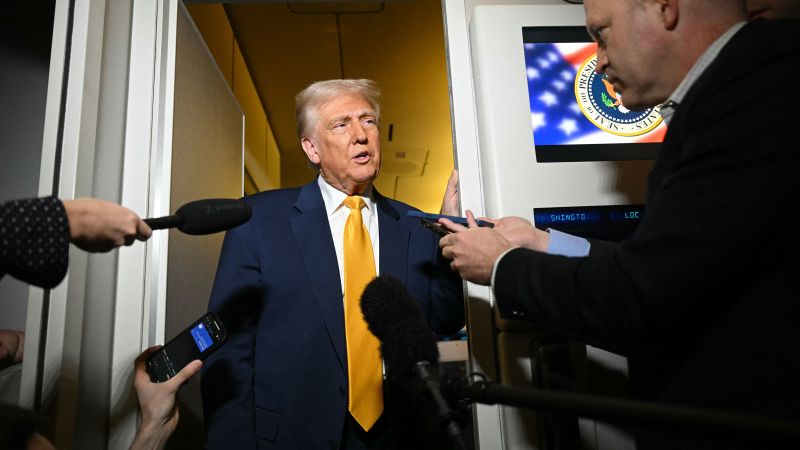Meta Platforms, the parent company of Facebook, is facing a landmark antitrust trial in Washington that could fundamentally reshape the structure of the social media giant. At the heart of the case are two of the company’s biggest acquisitions — Instagram and WhatsApp — which the US Federal Trade Commission (FTC) alleges were bought to crush competition, not foster innovation. The FTC argues that after failing to compete effectively with emerging social apps, Meta turned to acquisition as a means of eliminating threats.
The agency’s complaint claims Meta created “entry barriers that for more than a decade protected Meta’s dominance,” and that the market has since lacked “reasonable alternatives” for consumers. The trial marks one of the most high-profile antitrust challenges in recent tech history. If successful, it could force Meta to divest Instagram and WhatsApp — two platforms that have become integral not just to Meta’s business model, but to global communication.

In 2012, Facebook purchased Instagram — a then-nascent photo-sharing platform with no advertising and a small cult following — for $1 billion in cash and stock. The deal, later valued at $750 million after Facebook’s IPO, was a notable shift from the company’s earlier pattern of acquiring startups only to shut them down and absorb their talent, in what Silicon Valley terms “acqui-hires.” Instagram was the first company Facebook bought and continued to operate as a standalone app.
Two years later, in 2014, the company made a bold $22 billion purchase of WhatsApp, a rapidly growing messaging service. These acquisitions enabled Facebook to pivot from a desktop-centric model to mobile-first platforms, ensuring relevance among younger users and adapting to changing user behaviour. Critics — including the FTC — say these strategic acquisitions were less about product development and more about neutralising potential rivals.
“Meta has maintained a monopoly by pursuing Zuckerberg’s strategy, expressed in 2008: ‘It is better to buy than compete.’ True to that maxim, Facebook has systematically tracked potential rivals and acquired companies that it viewed as serious competitive threats,” the FTC alleges. Meta CEO Mark Zuckerberg took the stand in what many are calling a pivotal moment for the company.
On the first day of trial, FTC attorney Daniel Matheson questioned Zuckerberg on internal communications that indicated concern over Facebook’s inability to build a competitive photo-sharing app. “The way I read this message is that I’m not happy about how we’re executing on that project,” Zuckerberg said, in reference to Facebook’s in-house attempts to rival Instagram. When asked if this frustration was due to Instagram’s rapid growth, he responded, “That does seem to be what I’m highlighting.
” Later, when pushed on whether Meta deliberately neglected Instagram in favour of Facebook after the acquisition, Zuckerberg disagreed. “In practice, we ended up investing a ton in it after we acquired it," he stated, adding that Instagram received significant resources. Zuckerberg also addressed the shifting nature of online engagement.
Reflecting on a 2018 decision to prioritise posts from friends over public content, he said, “I think we misunderstood how social engagement online was evolving. People just kept on engaging with more and more stuff that wasn’t what their friends were doing.” He estimated that now, “around 20 per cent of content on Facebook and 10% on Instagram is generated by users’ friends,” showing a broader shift in how users interact on social platforms.
At the heart of the FTC’s argument is the belief that Meta holds a monopoly in the specific market of social platforms used to share content with friends and family — a definition that notably excludes platforms like TikTok, YouTube, Apple’s iMessage, and X (formerly Twitter), which are more geared toward content sharing based on interests or broadcasting to the public. FTC attorney Daniel Matheson contends that Meta bought Instagram and WhatsApp to “erect a moat” around its business and preserve its dominance. The lawsuit claims that these acquisitions are not just historical issues — they continue to shape the market today by limiting user choice and deterring new entrants.
Meta, however, contends that the FTC is selectively narrowing the market definition to build its case. In a statement, the company argued, “The evidence at trial will show what every 17-year-old in the world knows: Instagram, Facebook and WhatsApp compete with Chinese-owned TikTok, YouTube, X, iMessage and many others. More than 10 years after the FTC reviewed and cleared our acquisitions, the Commission’s action in this case sends the message that no deal is ever truly final.
” Jennifer Newstead, Meta’s chief legal officer, went further in a blog post, writing, “It’s absurd that the FTC is trying to break up a great American company at the same time the Administration is trying to save Chinese-owned TikTok.” The financial stakes for Meta are massive. Instagram, according to research firm Emarketer, is expected to generate $37.
13 billion in 2025 — a little over half of Meta’s US ad revenue. “Instagram is now Meta’s biggest money maker in the US, its most lucrative market, where the app accounts for 50.5% of the company’s ad revenues in 2025,” The Guardian quoted Jasmine Enberg, a principal analyst at Emarketer .
“Instagram has also been picking up the slack for Facebook on the user front, particularly among young people, for a long time.” WhatsApp, on the other hand, contributes less to Meta’s current revenue but is the company’s most-used app in terms of daily users. It plays a vital role in Meta’s strategy to monetise business messaging through tools like chatbots and commerce features.
Zuckerberg has described this segment as the “next wave of growth” for the company. If the FTC succeeds in breaking up Meta, the agency would need to hold a second trial to prove that such a move would, in fact, restore competition in the marketplace. Such a remedy phase is likely to be as contentious and complex as the current proceedings.
The Meta trial is being closely watched as the first major test of the Trump administration’s current FTC strategy. The lawsuit was originally filed in 2020, during Trump’s first term. The ongoing proceedings are now a litmus test for how far federal enforcers are willing to go to rein in Big Tech.
Joe Simonson, an FTC spokesperson, signalled the agency’s commitment: “The Trump-Vance FTC could not be more ready for this trial. We are blessed with some of the most hardworking and intelligent lawyers in the country who are working around the clock.” The FTC’s current chair, Lina Khan, has been a vocal critic of Meta’s acquisition practices, accusing the company of employing a “buy-or-bury” strategy.
“There’s no expiration date when it comes to the illegality of the transaction,” Khan said in an NBC interview. “I think there is a way in which the entire social networking ecosystem looks different today because Facebook was permitted to go out and make these acquisitions.” This case unfolds as other tech giants, including Amazon, Google, and Apple, are also facing antitrust lawsuits.
Google was declared an illegal monopoly by a federal judge in 2024, with the remedy phase in that case beginning later this April. The trial against Meta is expected to stretch into July 2025. Presiding over the case is US District Judge James Boasberg, who has already rejected Meta’s request for summary judgment and allowed the FTC’s claims to proceed.
In a November ruling, Boasberg noted that the agency “faces hard questions about whether its claims can hold up in the crucible of trial.” Still, if the FTC prevails, the results could be historic — marking the first forced breakup of a major tech company since the dismantling of AT&T. Also Watch : With inputs from agencies.
Technology

Will Meta be forced to give up Instagram and WhatsApp?

Meta is on trial in a historic antitrust case that could force it to divest Instagram and WhatsApp. The US Federal Trade Commission alleges these acquisitions crushed competition and cemented Meta’s dominance in social media. With CEO Mark Zuckerberg testifying and billions in revenue at stake, this case could redefine how Big Tech operates in the US and beyond













